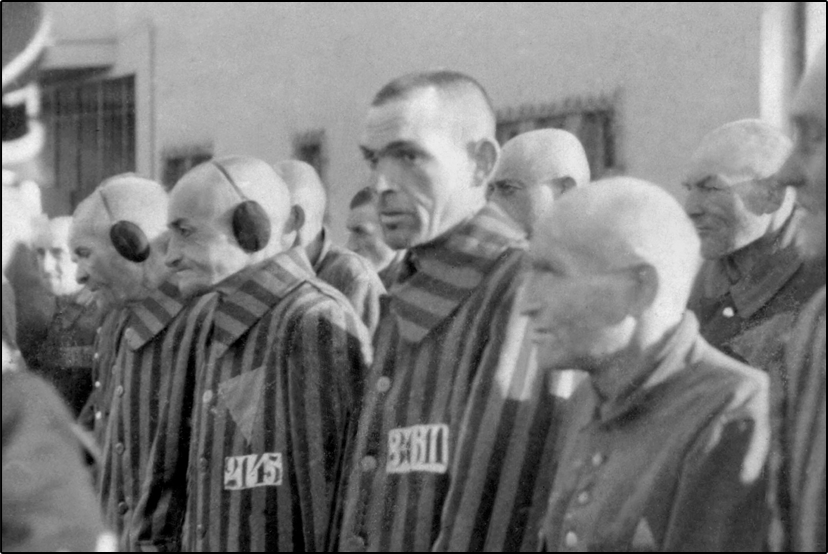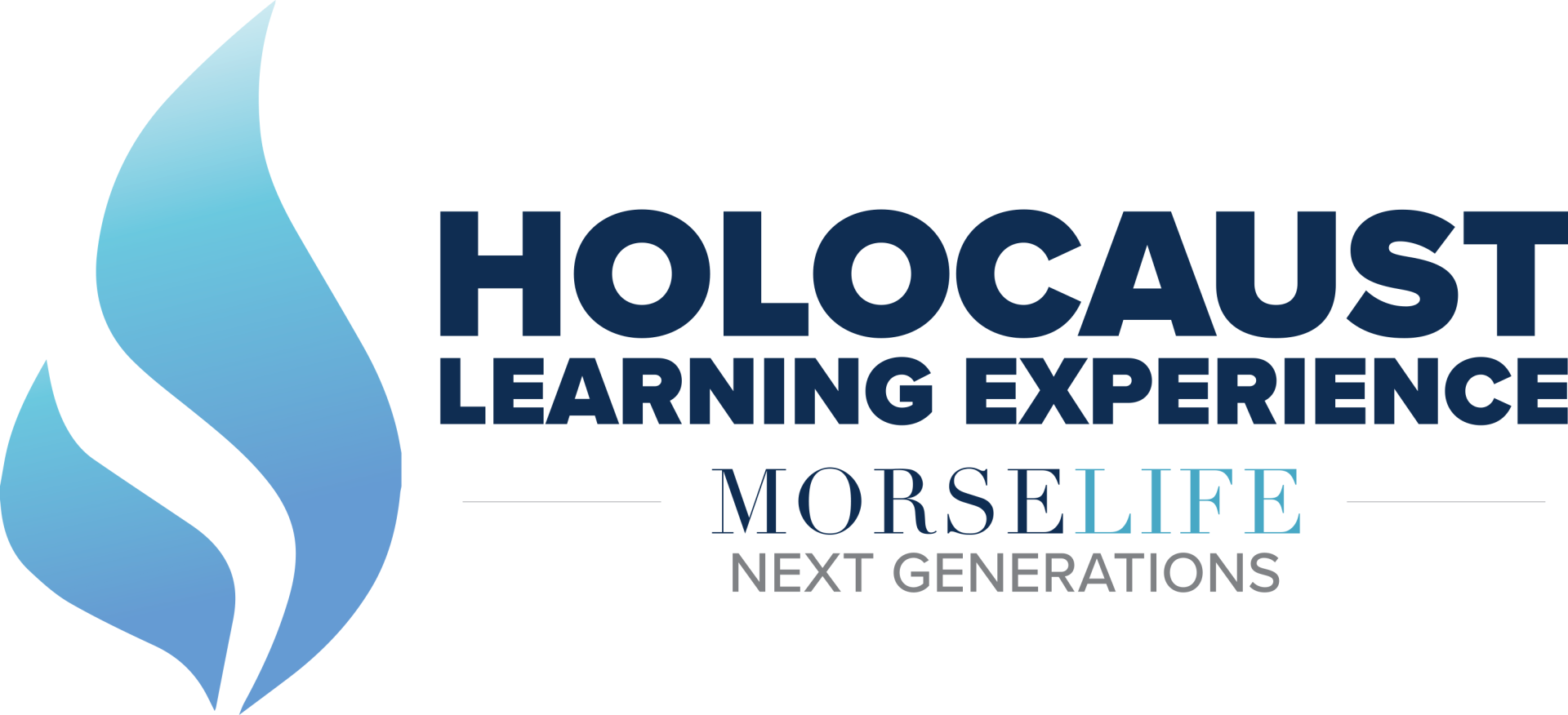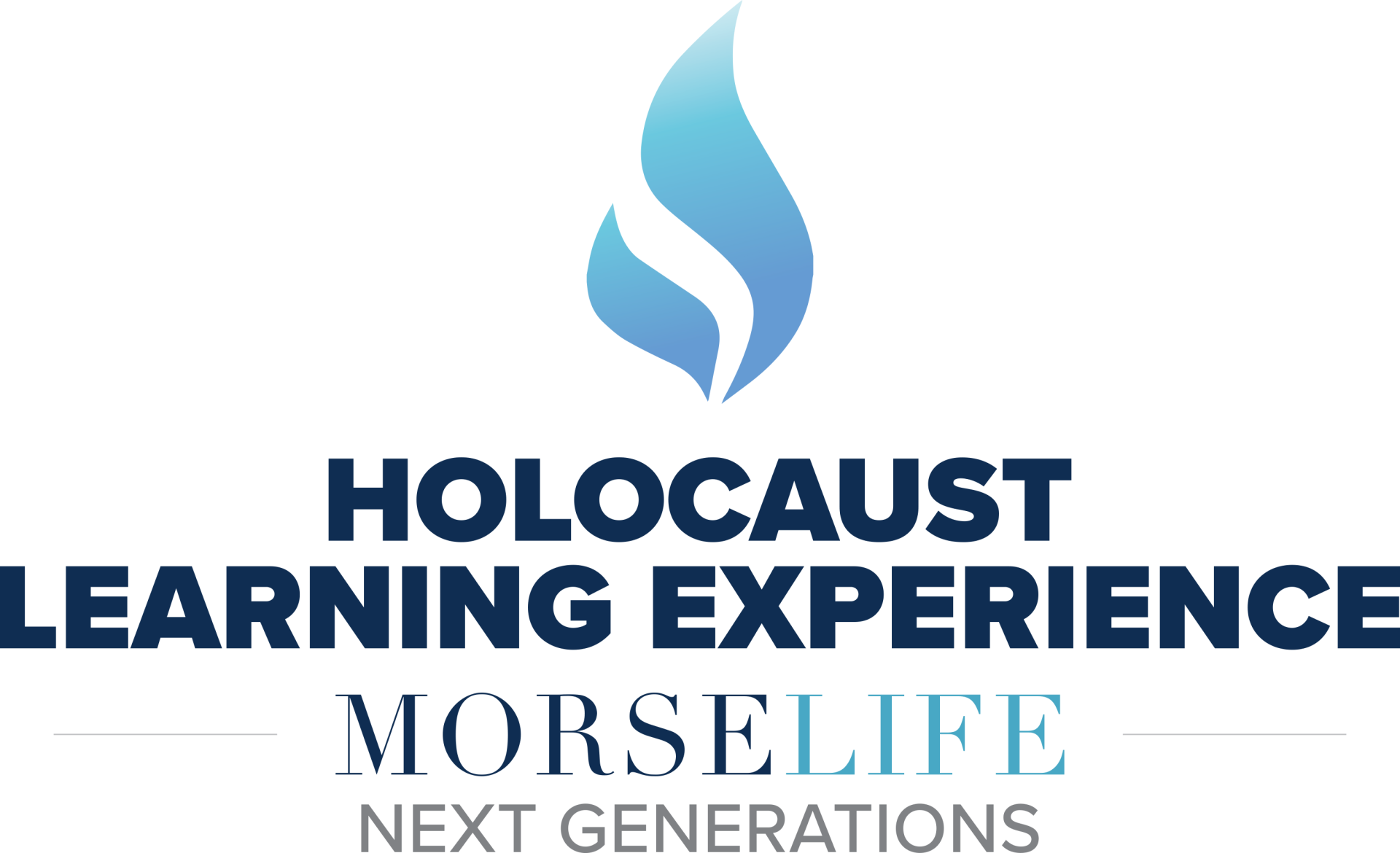TRAUMA & HEALING
For Holocaust Survivors and other victims of genocide, the
intersection between health care and education is the
focus on healing.

Although more than 75 years have passed since the end of World War II and the liberation of the Nazi concentration camps, the trauma of the Holocaust lives on for many Survivors and their families. Most Survivors who are alive today were children then. Their intense memories of family separations, persecution and losses can trigger life-long trauma with profound effects on aging.
Holocaust Survivors are not the only ones who suffer trauma exposure. According to the Center on Aging and Trauma, 90% of adults in the U.S. have been exposed to at least one traumatic event in their lifetime.
We know that early experiences of trauma can impact the aging process, triggering intense feelings associated with family separations and losses, medical, financial, and mental health issues. It is also important not to underestimate the significant impact of the current pandemic and how this traumatic experience may have affected individuals.
Based on our understanding and ongoing learning, professionals can work to mitigate the stimulus that may trigger a traumatic response. Sounds, touch, sight, taste, smells, feelings and real or perceived sense of threat can trigger intense emotional and physical reactions in previously traumatized older adults.
While there are no definitive solutions to removing the traumatic experience, we can minimize the effects of trauma through training, sensitivity, and holistic practices embedded in the principles of Trauma-Informed Care (TIC) that mitigate situational and environmental triggers.
TIC is a distinctive, yet critical framework for treating the long-term effects of trauma. Its principles are taught and practiced at MorseLife Health System. The training of more than 2,000 employees in the principles of TIC is well underway and is focused on understanding the unique needs of older adults who have a history of trauma, such as the Holocaust Survivors in our care. The TIC training at MorseLife also incorporates discussions about what we have learned from Holocaust Survivors and their families during uncertain times.

While there is no way to erase the traumatic impact of the Holocaust on its victims, we can minimize the effects of trauma through training and cultural competence practices. Today, our enlightened guidance and professional programming for Survivors and their descendants help address the challenges related to increased isolation and post-traumatic stress symptoms.
In our work with Survivors, we are reminded of the responsibility to learn about their experiences and how we can best address the lifelong effects of their trauma and its intergenerational impact on their children and grandchildren.

HOPE
INTERGENERATIONAL
TRAUMA-INFORMED
PRINCIPLES
According to the Center on Aging and Trauma, 9 in 10 adults nationwide have experienced at least one traumatic event in their lifetime. For many, a seemingly inconsequential sight, sound, taste, smell or tactile response can be interpreted as a threat and trigger intense emotional and physical reactions.
MorseLife Health System is training thousands of employees to understand the unique needs of older adults who have a history of trauma, such as Holocaust Survivors. The Agency for Healthcare Research and Quality, one of twelve agencies within the United States Department of Health and Human Services, notes the four basic principles to trauma-informed care are
1. Realizing the prevalence of traumatic events and the widespread impact of trauma.
2. Recognizing the signs and symptoms of trauma.
3. Responding by integrating knowledge about trauma into policies, procedures, and practices.
4. Seeking to actively resist re-traumatization.
Training begins with individuals understanding their own history and their role in mitigating trauma. Through the training, they acquire the patient-centered skills necessary to successfully communicate with older adults and provide care. MorseLife also offers this training to other healthcare providers and unrelated industries that wish to communicate effectively with staff and customers who may be suffering from trauma.


